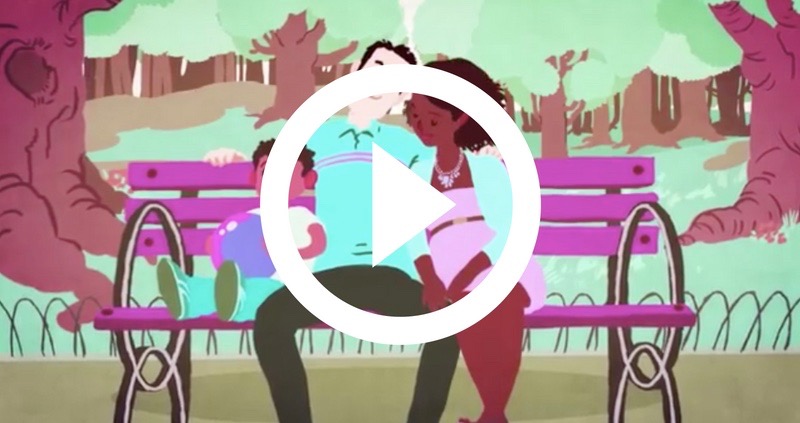
Five Tips to a Year-Long Thanksgiving!
Adapted from a blog by Sharon Eganby
In just a few days, we will be sitting down to enjoy Thanksgiving meal with family and friends. Dinner conversations in homes across the country will begin with the ritual of going around the table to share what each is thankful for and why.
This is a wonderful and meaningful ritual to have, but how many of us limit this ritual to this one special day when we are gathered around a turkey dinner with all the trimmings? Giving thanks and showing appreciation is an art and one that needs to be worked on daily. It is a habit that we need to develop and practice and then, pay forward the art of gratitude to those around us.
Many parents say: “I tell my kids to appreciate what they have—that there are a lot of other children in this world that don’t have what they have. But they don’t seem to get it AND they take everything I do for them and what I give to them for granted!”
So, this November, let’s start a new tradition to be grateful and appreciative for what we have. Pay it forward by incorporating the FIVE tips below into your daily living and see what develops in your family
1. Express, share and model your own gratitude. Express gratitude for what we often take for granted—having a roof over our head at night or food on the table—when your children are present. Doing this allows us to become mindful of life’s daily blessings and to shift our focus to the blessings instead of complaints. The more we share our gratitude for life’s simple pleasures each day, the more our children will naturally discover their own reasons to be grateful and learn to express their gratitude, too!
2. Appreciate your children. Here are some ways you can express gratitude to your children beginning today!
- “Wow, thank you for holding the door open for me!”
- “Thank you for your tight hugs! They make me feel sooo good!”
- “I appreciate your willingness to help me rake the leaves. It certainly makes this more fun when we are doing this together! Thank you!!”
- “Your smiles make my day that much better! Thank you for being my sunshine today!”
- “Thank you for taking the trash out! Our family works so much better when we all chip in together!”
- “I just love how the two of you have played together today. You became a team when deciding how to build the fort.”
- Tuck a handwritten note into their lunchbox or on their pillow for gifts that they have given you.
Showing and expressing our appreciation to our children is a gift that will keep on giving. Imagine the sheer joy of your children feeling appreciated and then imagine and savor in how much more cooperative your children will be. Now that is something, we can all be grateful for!
3. Give your children chores. Chores are contributions to the family and make the family work better. We all need to be needed, especially our children. Through helping out, not only will your children learn that the family runs more effortlessly and efficiently but they will learn to understand that hard work and effort is required to accomplish tasks (clean dishes do not miraculously appear on the table each night) and that their effort is greatly appreciated. The more your children feel appreciated, the more they will be willing to help.
An important note is that children should not be paid for these regular contributions. Otherwise, they are hired help. Of course, you can have a list of additional chores that you are willing to pay them to complete
4. Teach the value of patience and hard work. There was a time that children would dream and brainstorm how they could earn the newest pair of sneakers or the latest hi-tech gadget. Today, a common complaint is that children have an increased sense of entitlement. It is important to keep in mind that their seemingly lack of appreciation is being fueled by parents and others catering to their every desire without sacrifice of any kind. And then we become resentful that our children do not show appreciation and act like “ungrateful little brats”.
We have robbed our children of the excitement of dreaming and of the understanding of what it means to wait and to even work for something that is out of their immediate reach. Brainstorm with your children on ways they can earn what they want.
Helping our children learn to work and to wait for life’s treasures by focusing on needs vs. wants will cultivate a stronger sense of internal gratitude and increased feelings of happiness. Being patient while waiting and working towards a goal helps to create a sense of appreciation for what we have and don’t have.
5. Give back to others. Look for opportunities to help others as a family and talk about ways to help others in daily life. Talk about the saying, “to give is better than to receive” and ask your children what they think it means. Have a challenge for a week to see how many people each person can help and talk about it over dinner. To give to others is powerful but we must provide our children with opportunities to be selfless and to give back to others. What opportunities will you give your children this holiday season to give back? What ways does your community offer to get involved?






